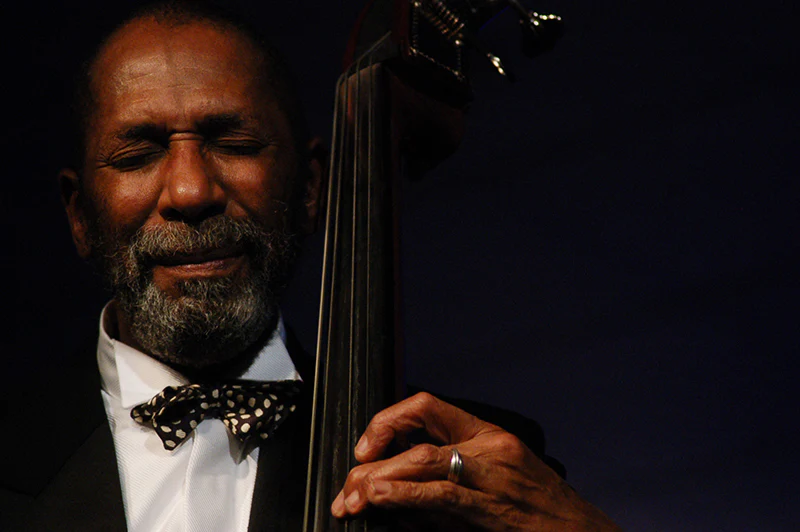
This article first appeared in PS Audio’s Copper Magazine.
According to reliable sources, bassist Ron Carter has well over 2,000 recording credits. On the majority of those he’s a sideman for other people’s albums, but it’s still a staggering sign of esteem that hundreds of the top musicians in jazz pick up the phone and call him whenever they need a bass player. At 86, he’s still going strong. He may get to 3,000 albums yet.
Born in Michigan on the outskirts of Detroit in 1937, Carter started on cello but switched to bass in high school. (He still plays cello and occasionally uses it in the studio.) After a degree from the Eastman School of Music in 1959, he went on to earn a master’s at the Manhattan School of Music. His intellectual curiosity drew him to the highly dissonant Third-Stream jazz movement as it was being developed by Chico Hamilton, Eric Dolphy, and Don Ellis, all of whom Carter played with in his 20s. His early years in New York also allowed him to sit in on shows with Thelonious Monk and Cannonball Adderley.
It’s difficult to come up with a major name from the past 60 years of jazz that is not somehow linked with Carter’s. As a sideman, he has worked with McCoy Tyner, Lee Morgan, Freddie Hubbard, and even Roberta Flack. He’s been a member of the Miles Davis Quintet and the New York Jazz Quartet. He’s a composer, too. All his solo albums include his own compositions, and Carter has also written and arranged several film scores.
Beyond composing and playing, Carter’s career proves how important teaching is to his work in music. For many years he was the artistic director of UCLA’s Thelonious Monk Institute of Jazz Studies (renamed for Herbie Hancock in 2019), and he taught for 18 years at City College in New York. The master classes he’s given around the world are legendary.
Enjoy these eight great tracks by Ron Carter.
- Track: “Half a Row”
Album: Uptown Conversation
Label: Embryo
Year: 1970
Carter started working with pianist Herbie Hancock in the 1960s, when they both became members of the second iteration of Miles Davis’ renowned quintet. Uptown Conversation is a duet album by these two visionary musicians who shared a passion for pushing jazz past its known borders.
The experimental jazz scene in the 1960s and 1970s took joy in the intellectual side of the genre. “Half a Row” is a case in point. The title refers to serialism or 12-tone music, usually associated with classical composers like Arnold Schoenberg and Pierre Boulez. This style used the 12 distinct pitches (each a semitone from the next) present within an octave in a set order called a “row.” Thus, “Half a Row” is built from a series of only six pitches.
- Track: “Rufus”
Album: All Blues
Label: CTI
Year: 1974
Named after the famous Miles Davis tune, All Blues is a quartet project led by Carter, with Joe Henderson on tenor saxophone, Roland Hanna on piano, and Billy Cobham on drums. Although Davis’ tune “All Blues” is included, most of the tracks are originals by Carter, including “Rufus.”
At the opening of this tune, Carter’s plucked bass doubles and answers the saxophone line for one chorus before a moment of counterpoint and then a switch to walking bass under the piano solo.
- Track: “Doom”
Album: 1 + 3
Label: JVC
Year: 1978
Drummer Tony Williams and pianists Herbie Hancock and Hank Jones join Carter for 1 + 3, a show recorded live at the Denen Coliseum in Tokyo. The two pianists do not appear together on any of the album’s four long tracks. Jones plays the first two and Hancock the last two.
“Doom” is a Carter composition with Hancock on call. It sounds like 9/8 time (three sets of three beats in each bar), with a gentle syncopation giving it a swirling effect. Carter’s first solo starting around 1:00 shows his delicate touch and his use of high-speed plucking techniques to create textural effects during a slow-moving melody. Williams’ complex brushwork integrates perfectly with Carter’s musical canvas.
- Track: “Round Midnight”
Album: Parfait
Label: Milestone
Year: 1982
With his background in cello, it makes sense that Carter was one of the first jazz bassists to pioneer the use of piccolo bass. While piccolo looks the same as regular bass – it can be either acoustic upright or electric – the tuning one octave up is made possible mainly by thinner strings. The advantage to the bass player of keeping the original size is that he can play using the techniques he’s used to while having an instrument more suitable to melodic solos.
The quartet on the album Parfait consists of Carter, pianist Ted Lo, bassist Leon Maleson, and drummer Wilby Fletcher. On this recording of Thelonious Monk and Cootie Williams’ “Round Midnight,” the tightness of the piccolo bass strings is emphasized by the piano very quietly doubling the melody at an even higher register, giving a three-dimensional sense to the sound.
- Track: “Telepathy”
Album: Live at the Village West
Label: Concord Jazz
Year: 1984
Carter made two live duet recordings with guitarist Jim Hall; Live at the Village West is the second one. (Hall died in 2013.) With no back-up players, there’s an exciting intimacy about these recordings of two great jazz minds exploring each other’s ideas.
The track list is a mix of standards, lesser-known tunes, and one Carter original. “Bag’s Groove,” by vibraphonist Milt Jackson, is a soft-spoken bebop number that Carter and Hall approach with appealing off-handedness.
- Track: “Mr. Bow-Tie”
Album: Mr. Bow-Tie
Label: Blue Note
Year: 1995
A bow-tie has long been part of Carter’s signature look. He is the Mr. Bow-Tie referred to in the album (and track) title. Appropriately enough, he wrote most of the music on this album, originally released in Japan and then transferred to Blue Note.
On the title tune, the piano of Gonzalo Rubalcaba and percussion of Steve Kroon give a slight Latin flavor to a Carter melody reminiscent of much older standards by composers like Hoagy Carmichael. But soon the hummable air shatters into a waterfall of improvised sixteenth notes. As for Carter on bass, he stays in the background, providing a deceptively complex supporting line.
- Track: “Obrigado”
Album: Jazz & Bossa
Label: Blue Note
Year: 2008
One of many reasons Carter is in such demand is his limitless ability to move from one jazz sub-genre to another. On Jazz & Bossa, as part of a septet of musicians, Carter jumps head-first into that Brazilian style. The album is even more impressive given that about half of the tracks were composed by Carter, a step beyond just being able to play in the bossa nova style. It helps that he surrounded himself with masters, including percussionist Rolando Morales-Matos and guitarist Guilherme Monteiro.
Carter’s original contributions include “Obrigado,” a cool yet peppy melody driven by a syncopated rhythmic idea shared between the bass and guitar.
- Track: “Day Dream”
Album: Remember Love
Label: High Note
Year: 2018
Remember Love is a duo album with Houston Person, who played tenor sax and produced. It is their sixth album together. As is true on Carter’s collaborations with Jim Hall, it’s just the two musicians, feeding off each other’s creativity and laying their souls bare.
The strongest moments on this fine recording are the mellow takes on older tunes. “Day Dream” by Billy Strayhorn and Duke Ellington is a good example. They give it a smoky, sultry nightclub vibe.
Header image courtesy of Wikimedia Commons/Laura Manchinu (aka La Manchù).
For more, visit PS Audio’s Copper Magazine.
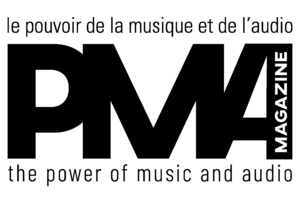
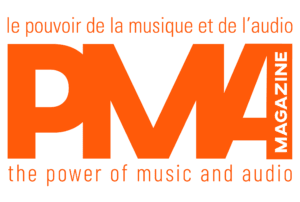
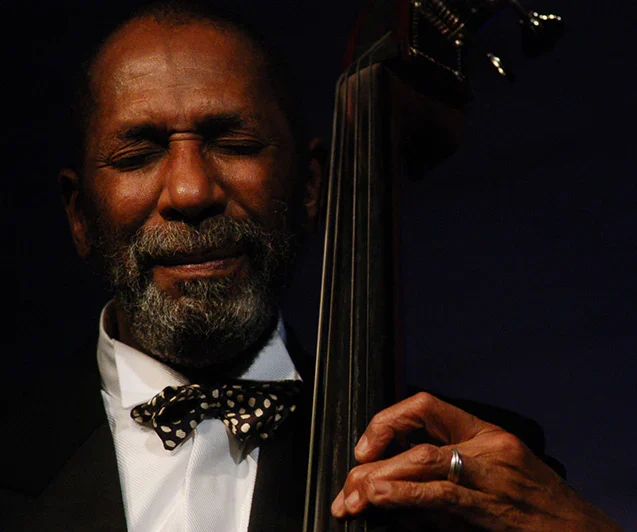
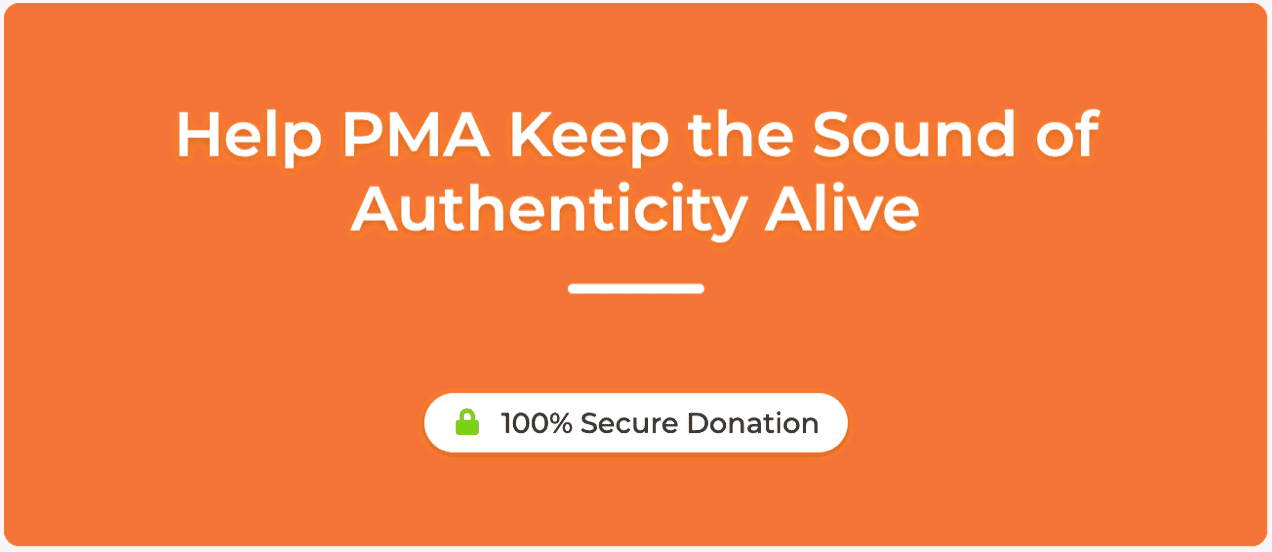

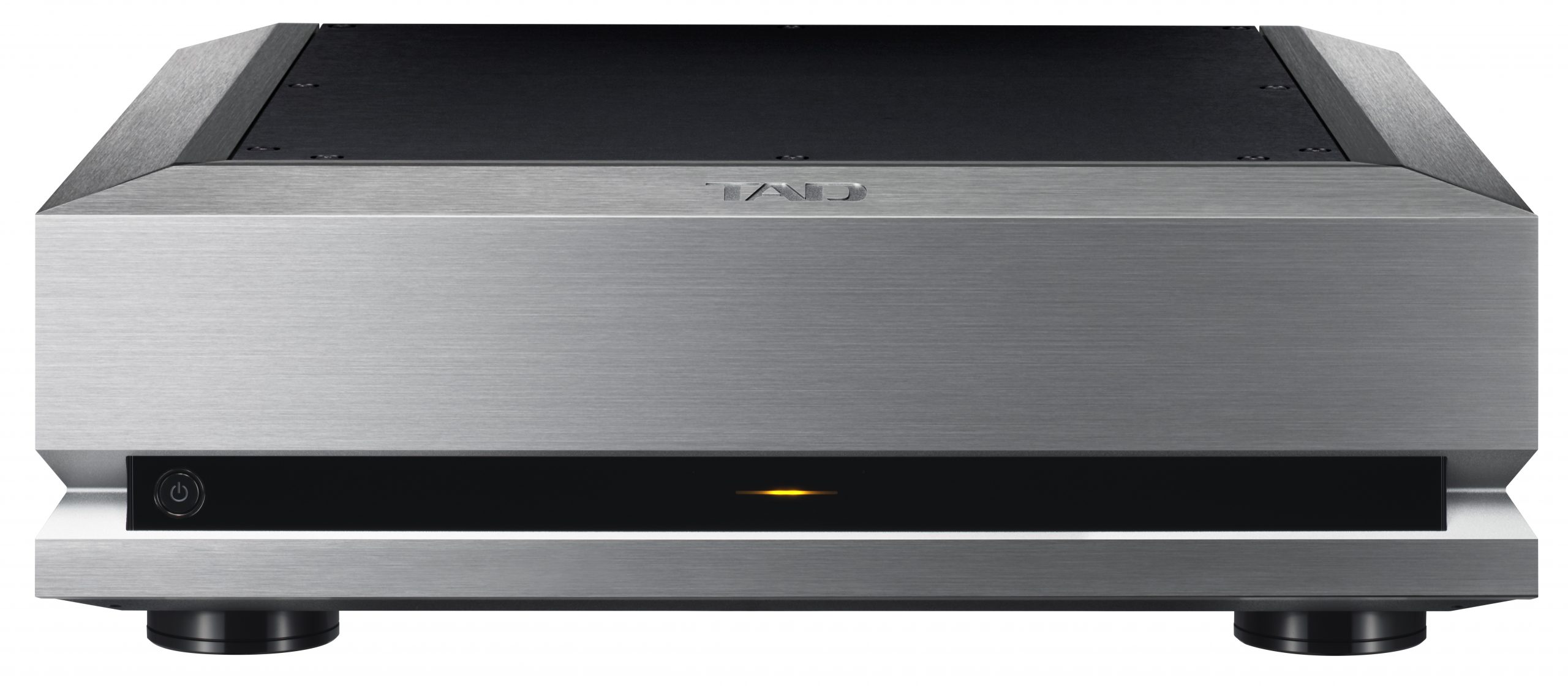
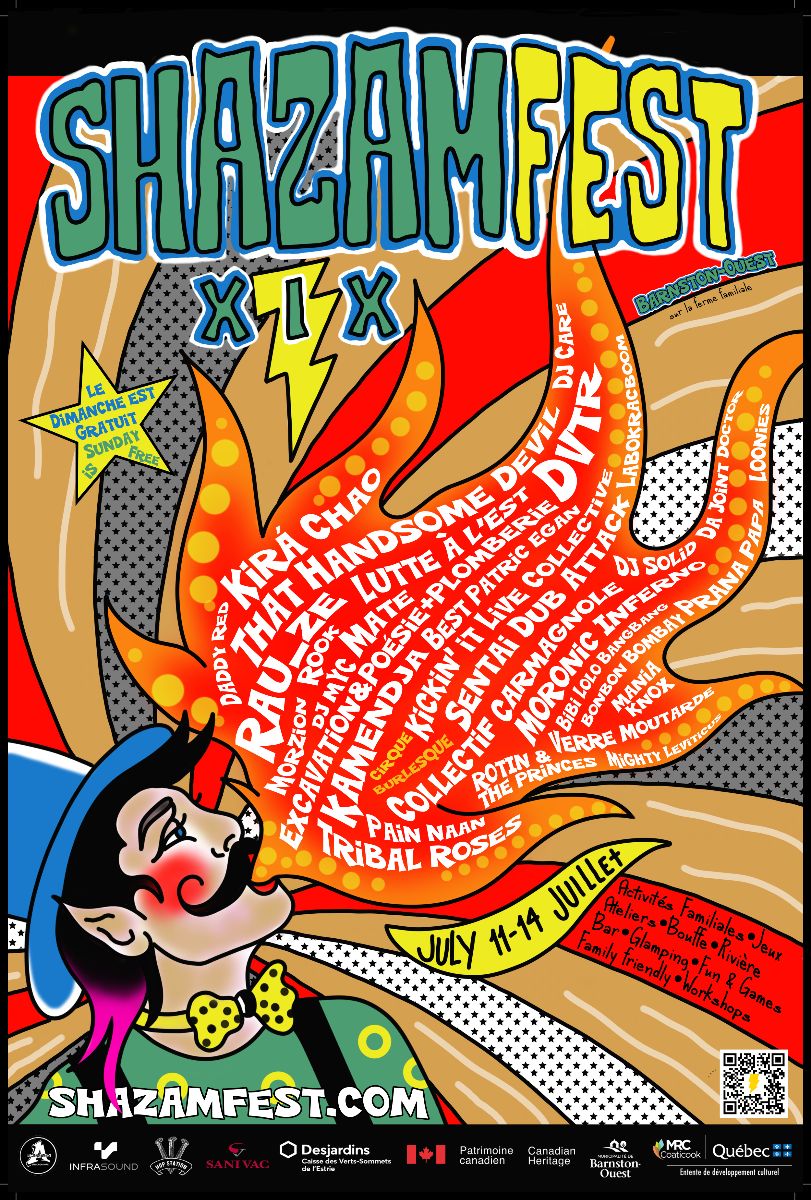

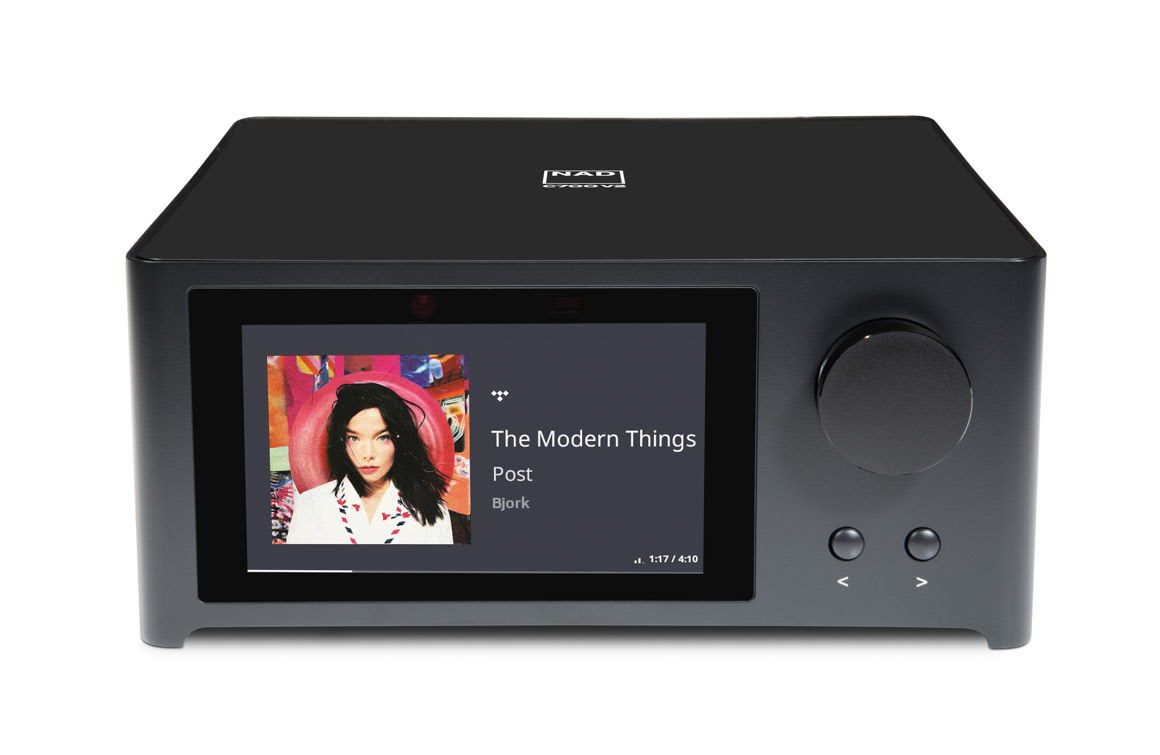
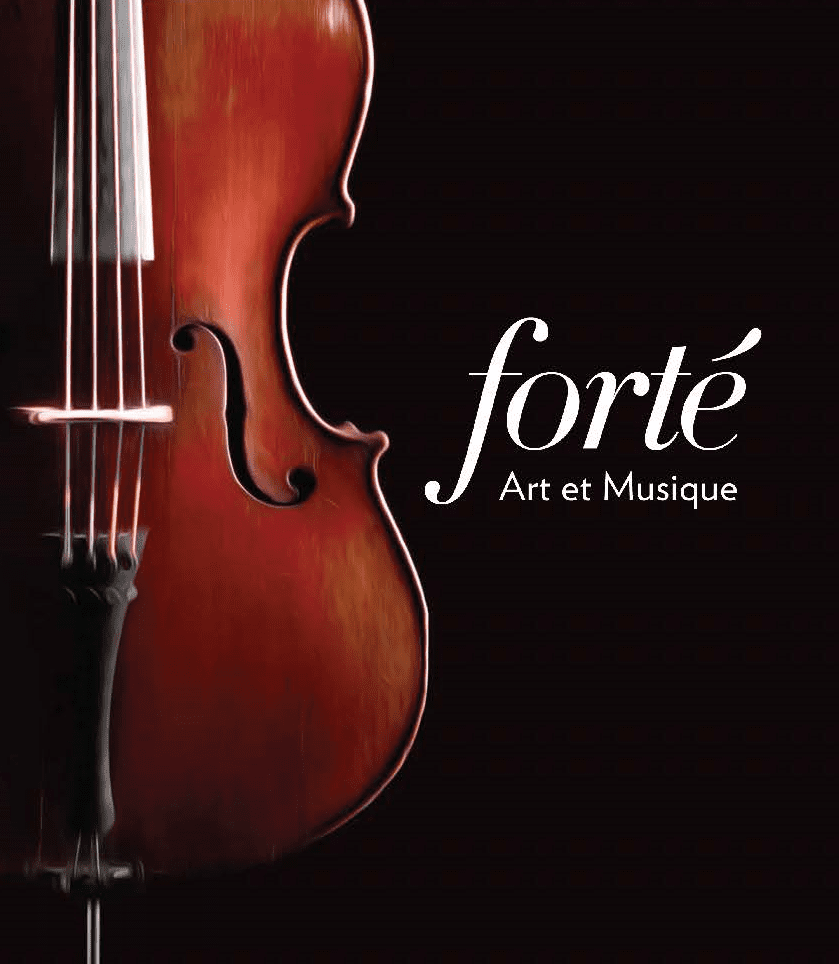
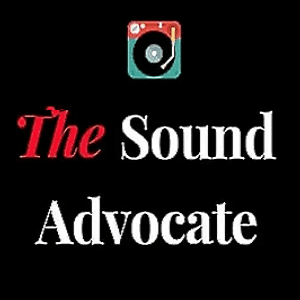

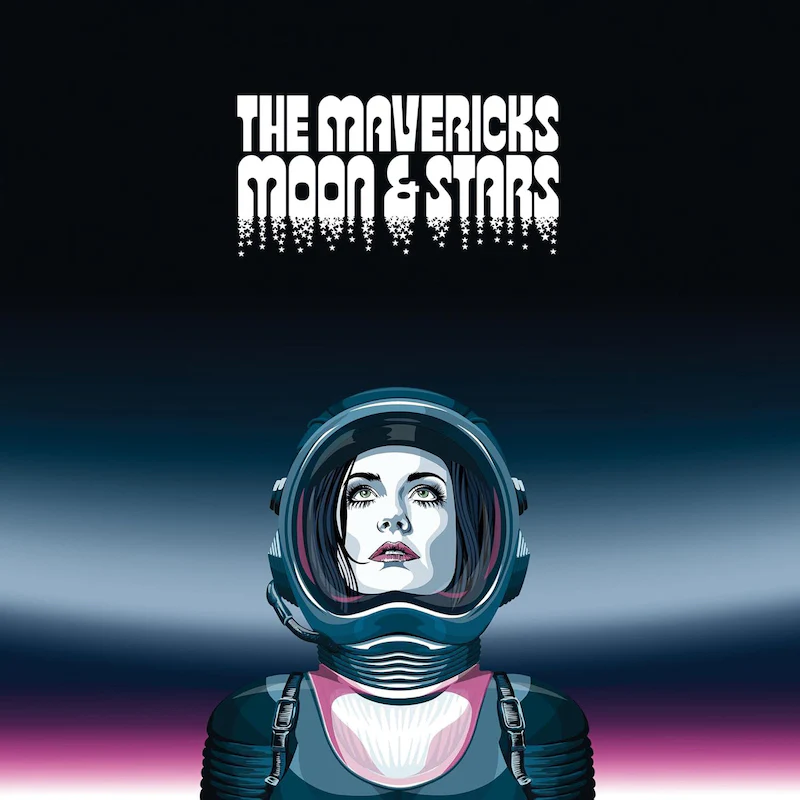
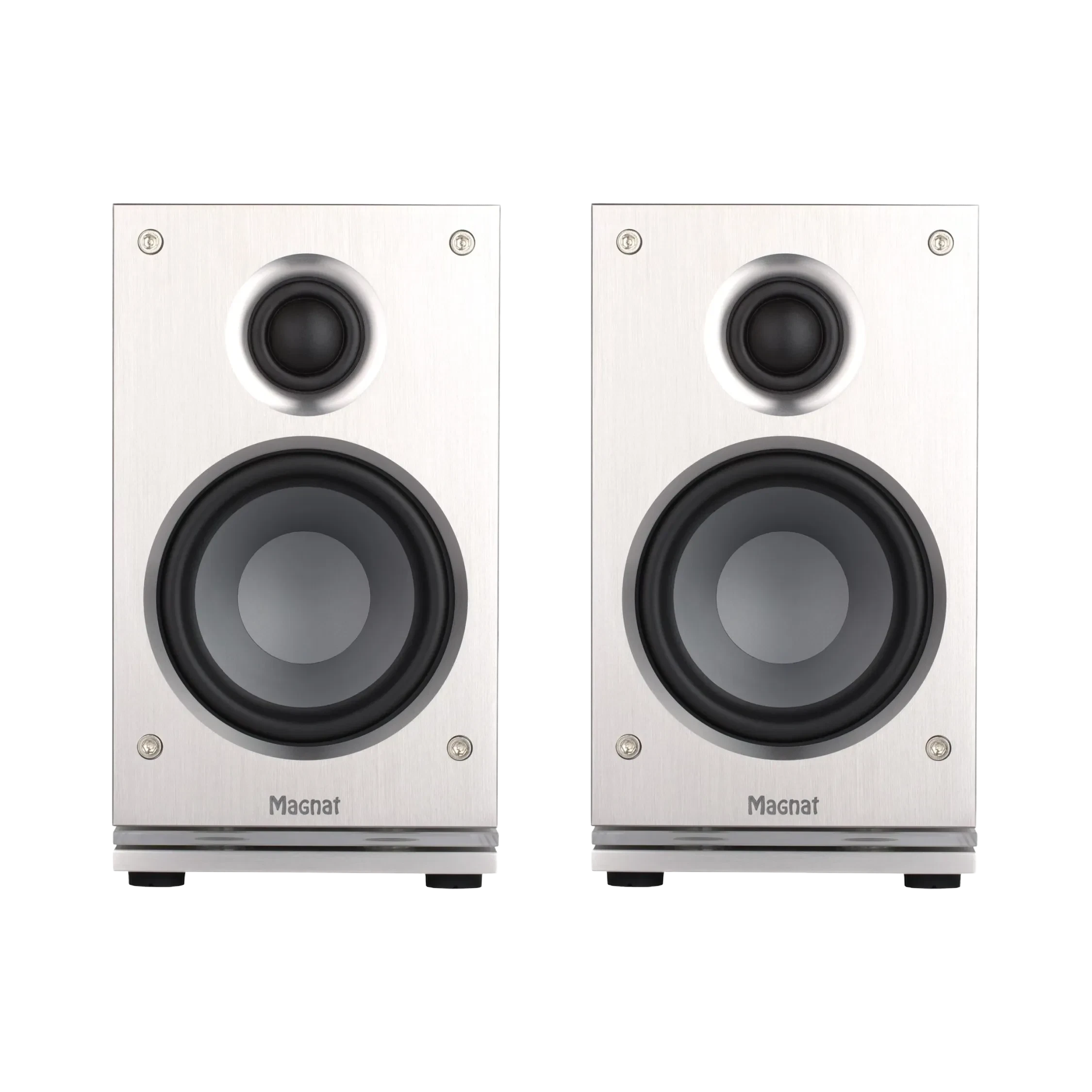
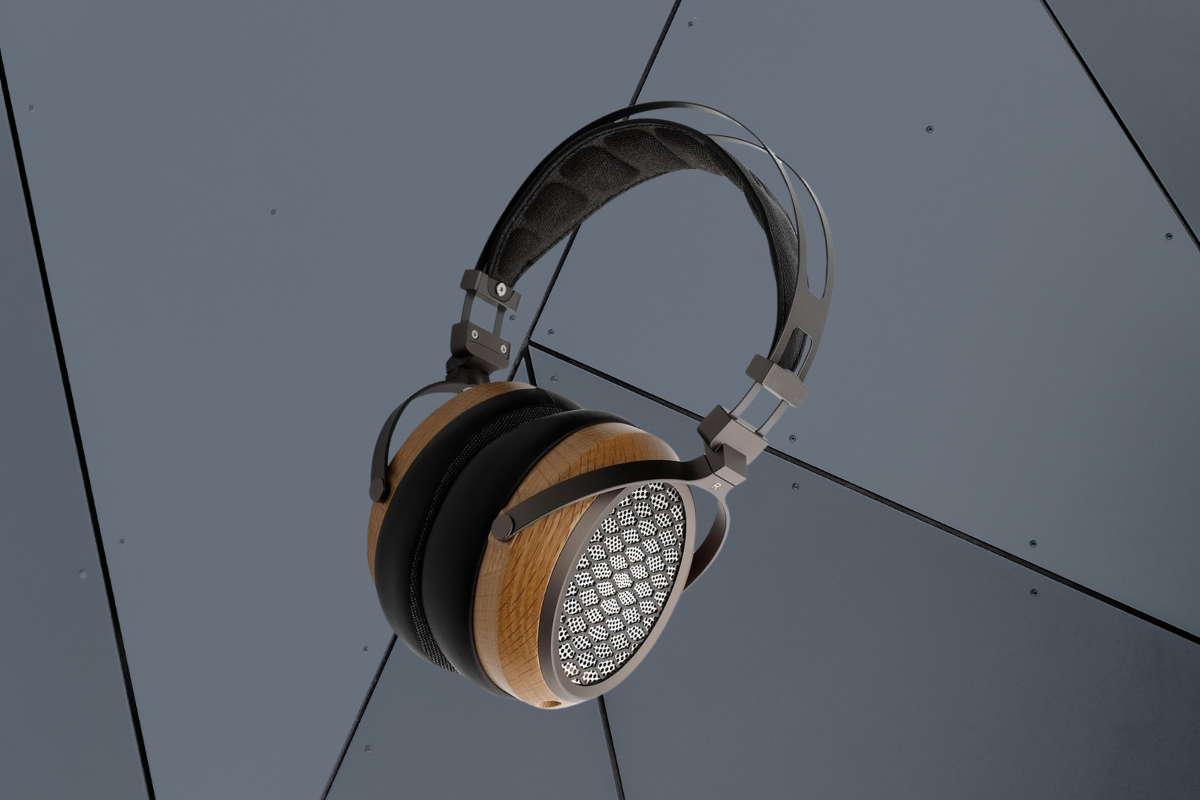
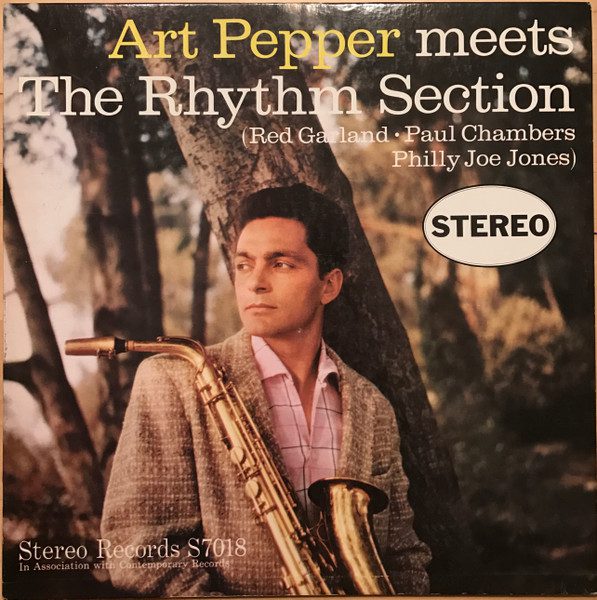
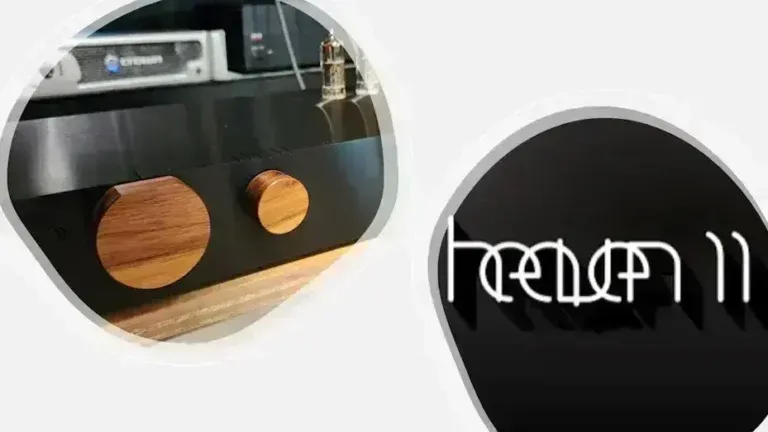
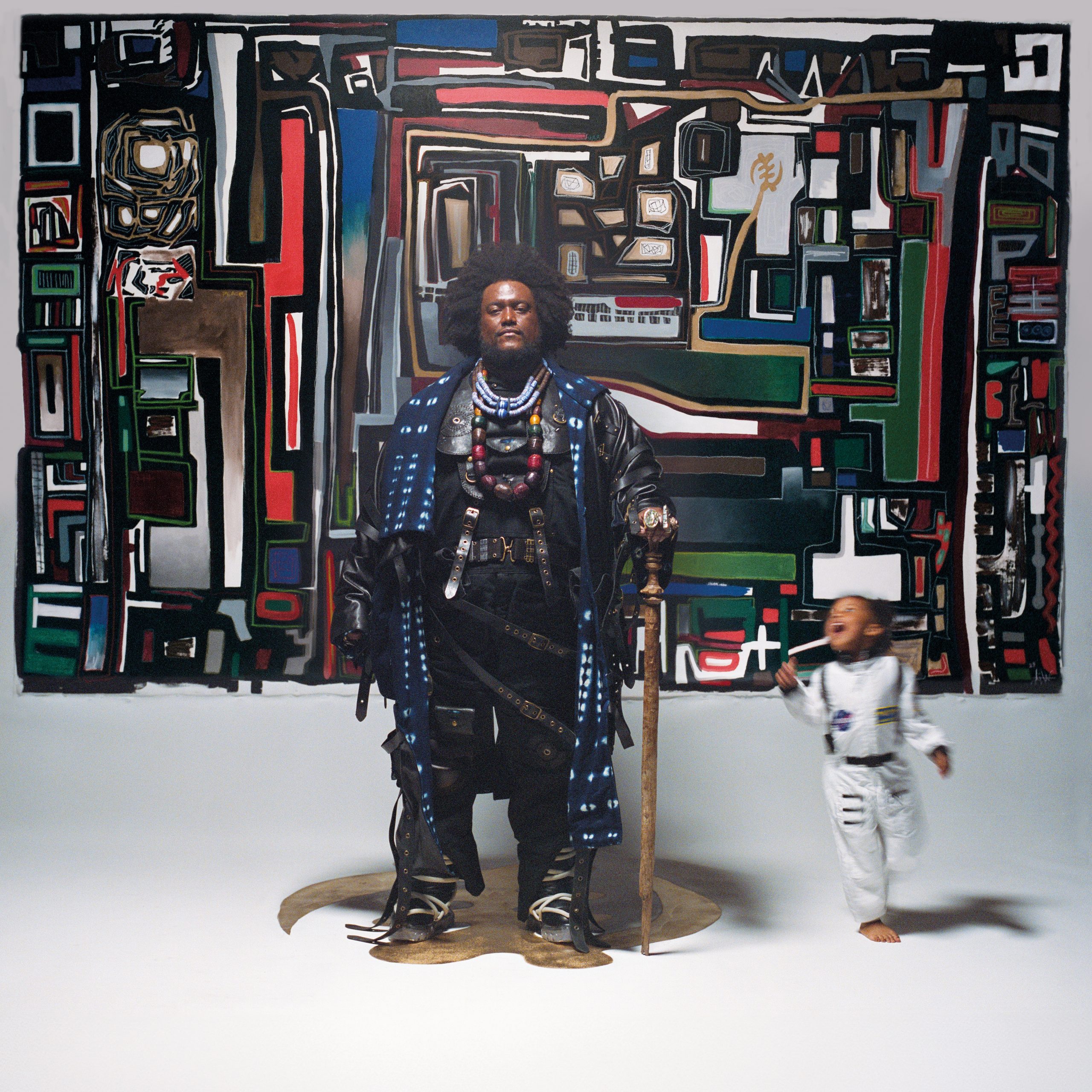
Leave a Reply